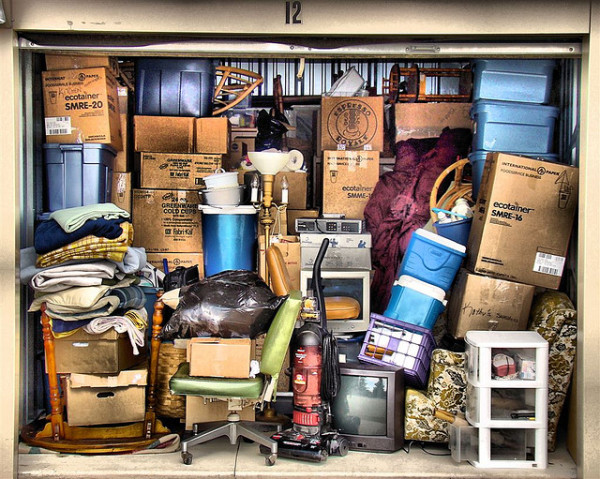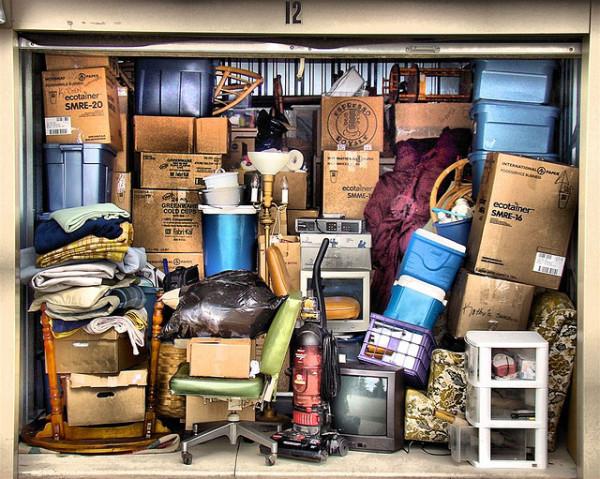
In a recent article on Earth911, Madeleine Somerville (@MadeleineSix) talks about hearing the term “sharing economy” a lot lately, as it becomes mainstream. The phrase is being used to describe a new mode of consumption rapidly growing in popularity, encompassing initiatives both large and small in scope, from short-term rental giant AirBnB and pseudo-taxi system Uber, to neighbors swapping tools over the backyard fence. According to some, this peer-to-peer sharing economy isn't just changing the way we allocate resources, it has the potential to change our lives.
“The sharing economy brokers trust, a scarce commodity in our current capitalist system. Consumers are growing increasingly disillusioned by multinational corporations. Suspicious of their motives and concerned about ethical business practices (or lack thereof), many consumers hunger for smaller-scale more transparent business models – and the peer-to-peer market is responding.”
Especially with the new generation, the feeling of isolation and scepticism towards people has grown a lot, making the sharing economy even more important. According to TechRepublic (@techrepublic), the latest data on trust by generation is that only 19% of Millennials say most people can be trusted, compared to 31% of Gen Xers, and 40% of boomers.
I think that there has been widespread mistrust between the public and large corporations. Take Walmart as an example, who recently had a scandal because a large percentage of their employees required government assistance. More recently they were stuck in a publicity nightmare where they were accused of making bribes to change zoning laws in order to open more stores. In addition, there is a lot of mistrust around where Walmart’s goods are coming from and the overall business practices of the companies they’re purchasing from.
The “sharing economy” gives people more personal interactions with the people they’re conducting business with. They feel more connected with their community. Madeleine makes a good point in the article; people have large amounts of idle goods in storage. These items not only take money to store but also take a lot of resources to manufacture, ship and dispose of, which creates an environmental impact. Instead of putting your unused goods in a landfill, why not rent them out to people that want what you have? I believe that this economy will not only thrive in a fiscal and environmental sense, but it will also increase interactions in a world that is so over-involved with smartphones, tablets and other technologies.
Read the source article at Earth911.com



